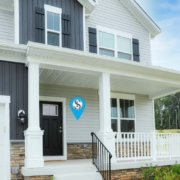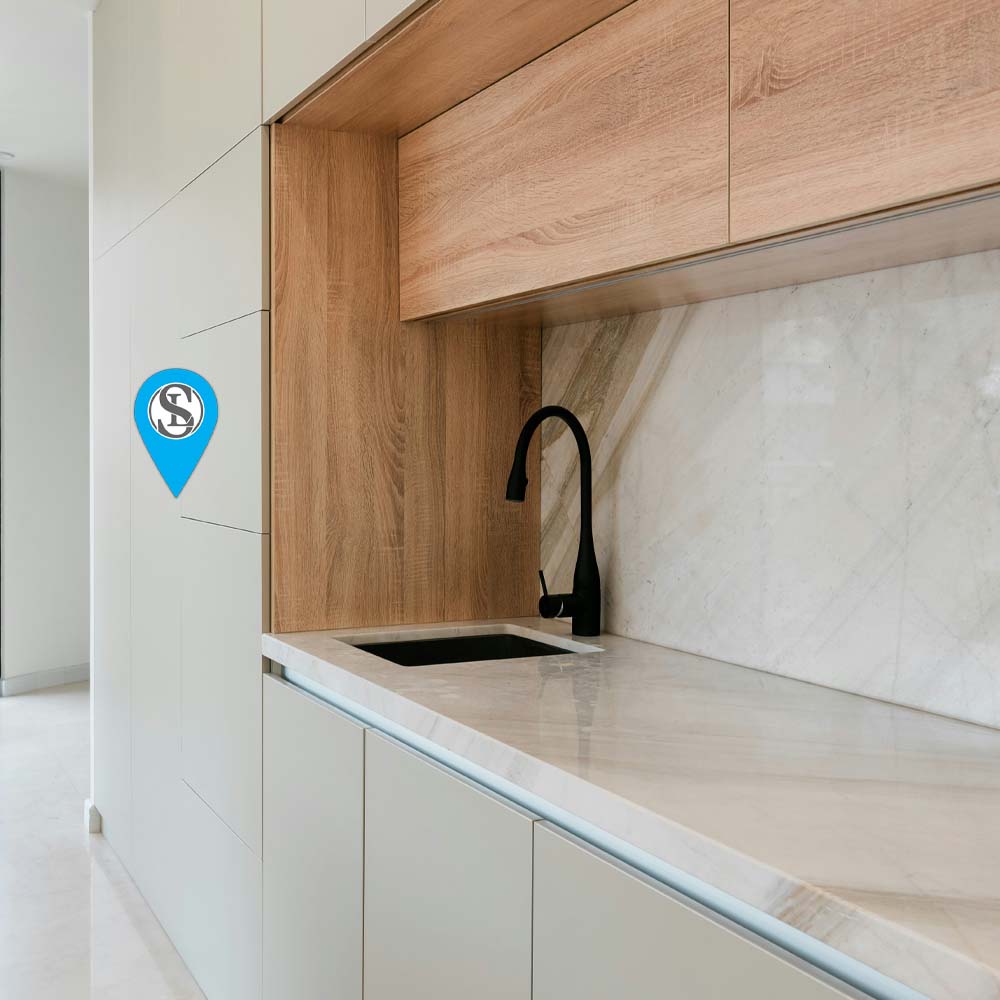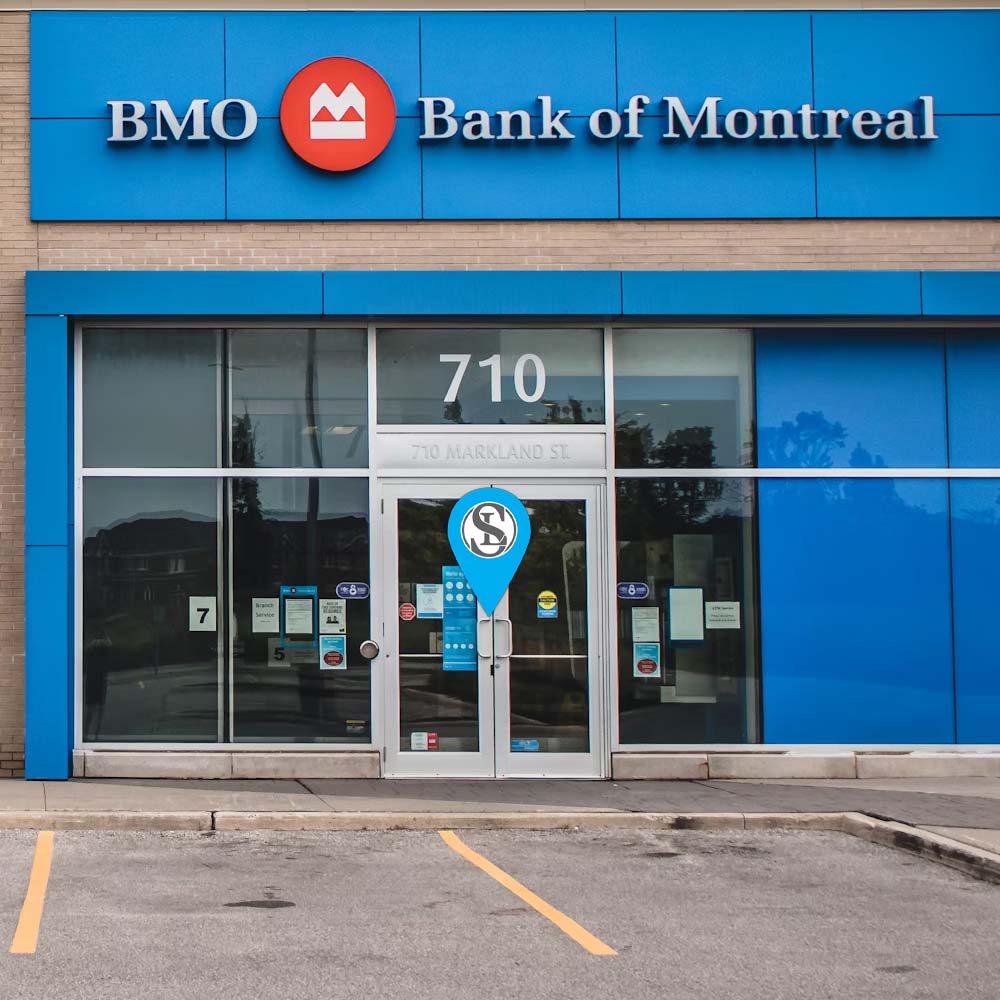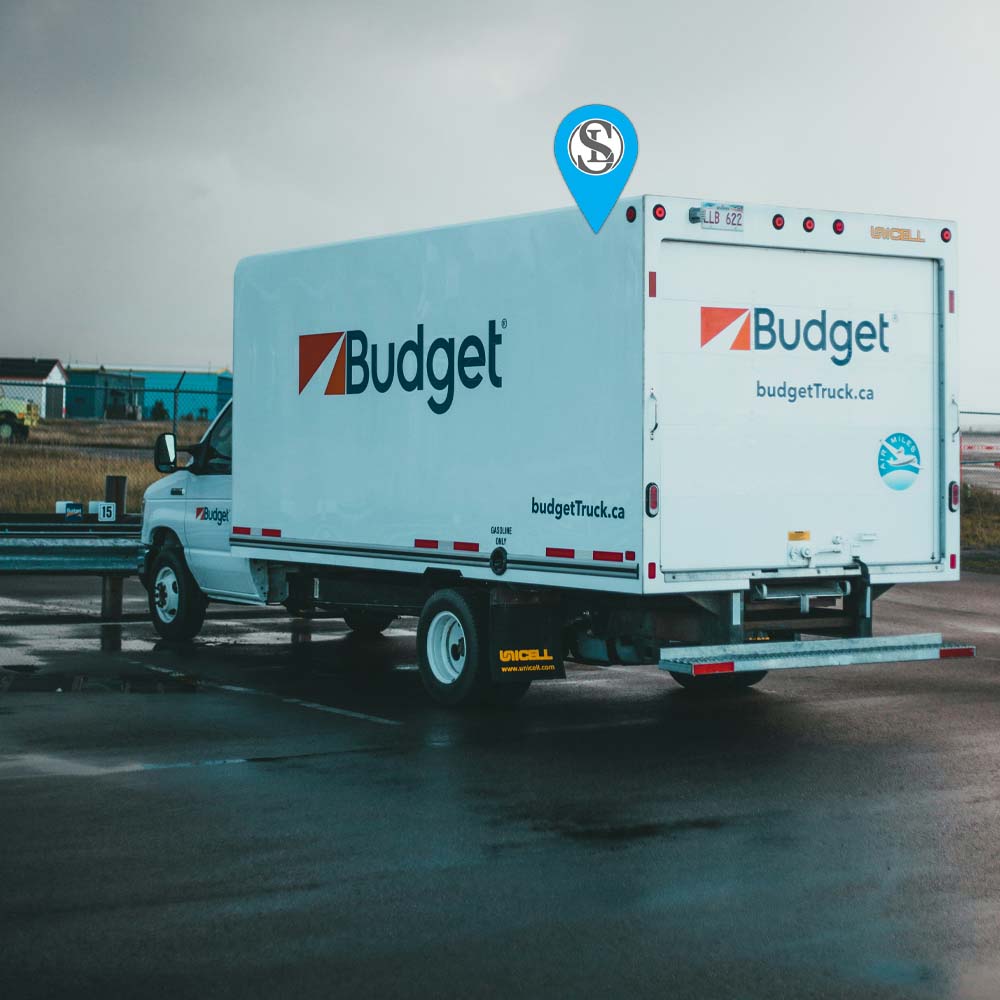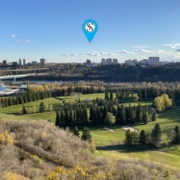Buying and Selling Condos in Downtown Edmonton: What You Need to Know
Downtown Edmonton is an attractive hub for both young professionals and downsizers seeking a vibrant urban lifestyle. With its mix of historic and modern buildings, proximity to amenities, and access to public transit, it’s no wonder that condos in this area are in high demand. As a seasoned RE/MAX REALTOR® in Edmonton, I have helped numerous clients navigate the complex world of buying and selling condos.
This article provides an in-depth look at the current market, the challenges faced by buyers and sellers, and how to overcome them in Alberta’s shifting real estate landscape.
Current Market Trends in Downtown Edmonton
The downtown Edmonton condo market is currently experiencing a period of adjustment. While prices have stabilized after previous fluctuations, inventory levels remain high, creating a buyer’s market. The ongoing recovery of the oil industry and rising interest rates are significant factors influencing both buyers’ and sellers’ decisions. Compared to other parts of Alberta, downtown Edmonton offers a more affordable entry point into homeownership, but the competition, particularly with new condo developments, is fierce.
Challenges Facing Condo Buyers in Downtown Edmonton
For buyers, one of the biggest hurdles is navigating the impact of rising interest rates and stricter mortgage stress tests. These financial factors have made it more difficult for some prospective buyers to qualify for mortgages, pushing them to consider their budgets and financing options carefully. Additionally, the influx of new condo developments in the area means buyers must be discerning when choosing between resale units and new constructions.
Another challenge is understanding condo fees and potential special assessments. Alberta’s Condominium Property Act has undergone recent changes, making it crucial for buyers to thoroughly review condo documents to avoid unforeseen costs. Working with an experienced REALTOR® like myself, can help buyers with these complexities and ensure they make informed decisions.
Challenges Facing Condo Sellers in Downtown Edmonton
Sellers in downtown Edmonton face their own set of challenges, particularly in a competitive market with numerous new developments. To stand out, sellers must price their condos strategically and may need to invest in staging, repairs, and even minor renovations to attract buyers. A well-presented property can make a significant difference in a market where buyers have many options.
Additionally, sellers need to be aware of market conditions and be realistic about their timelines. Overpricing a condo or being inflexible on closing dates can result in extended time on the market, which could ultimately lower the sale price. Partnering with a REALTOR® who understands the nuances of the downtown Edmonton market, is essential for setting realistic expectations and achieving the best possible outcome.
Legal Considerations for Condo Transactions in Alberta
Alberta’s Condominium Property Act has seen recent updates impacting buyers and sellers. These changes include new regulations around condo boards, reserve funds, and special assessments. Both parties need to understand their rights and obligations under these new rules.
For buyers, a thorough review of condo documents, including the status of reserve funds and any upcoming special assessments, is crucial. For sellers, disclosing all necessary information and ensuring compliance with legal requirements is key to a smooth transaction. The guidance of a knowledgeable REALTOR® can help navigate these legalities and protect both parties’ interests.
Tips for Buyers: What to Look for in a Downtown Condo
When purchasing a condo in downtown Edmonton, it’s important to consider not just the unit itself but also the location and amenities. Proximity to work, public transportation, and lifestyle amenities like restaurants, parks, and pet policies can greatly enhance the living experience.
Buyers should also pay close attention to the financial health of the condo corporation by reviewing documents like the reserve fund study and minutes from condo board meetings. This will help identify potential red flags, such as underfunded reserve funds or upcoming special assessments, which could affect future costs.
Tips for Sellers: Maximizing Your Condo’s Value
For sellers, timing and presentation are key to maximizing your condo’s value. The best time to sell is when the market is favorable, which often means understanding current trends and buyer demand. Proper staging and minor upgrades can significantly enhance your condo’s appeal, making it more attractive to potential buyers.
Marketing your condo effectively is also crucial. Professional photography, virtual tours, and targeted online marketing can help your property stand out in a crowded market. My expertise in crafting a tailored sales strategy ensures that your condo reaches the right audience, increasing the likelihood of a successful sale.
Buying or selling a condo in downtown Edmonton can be a rewarding experience, but it comes with its own set of challenges. Understanding the current market, being aware of legal considerations, and working with a knowledgeable REALTOR® like myself are all essential steps to success. Whether you’re looking to buy your first home or sell your current property, I’m here to provide expert guidance every step of the way. Contact me today to learn more about how I can help you navigate the downtown Edmonton condo market with confidence.
